DIGITAL AWARENESS
Smartphones, tablets and other devices have been found to be directly linked to isolation, depression, and anxiety in individuals.
RESOURCES
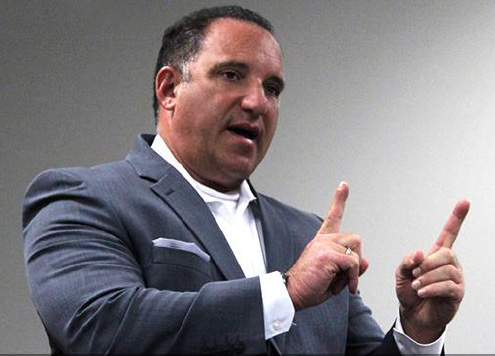
Rich Wistocki’s CyberParenting Resources
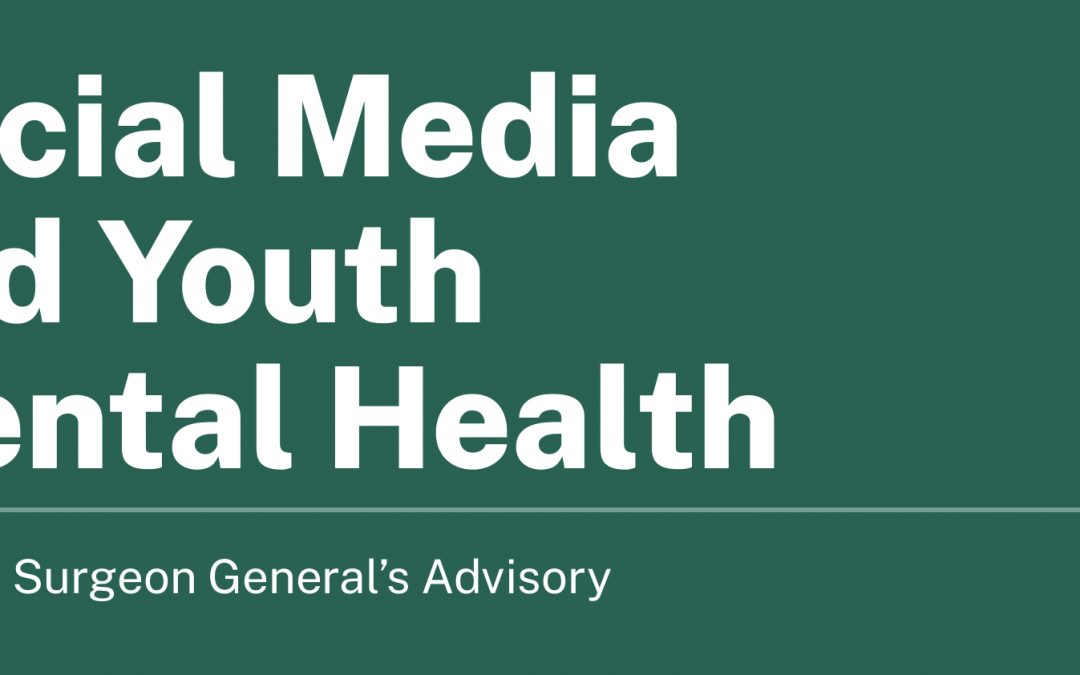
Social Media and Youth Mental Health | The U.S. Surgeon General’s Advisory
This Advisory calls attention to the growing concerns about the effects of social media on youth mental health. It explores and describes the current evidence on the positive and negative impacts of social media on children and adolescents, some of the primary areas for mental health and well-being concerns, and opportunities for additional research to help understand the full scope and scale of social media’s impact.
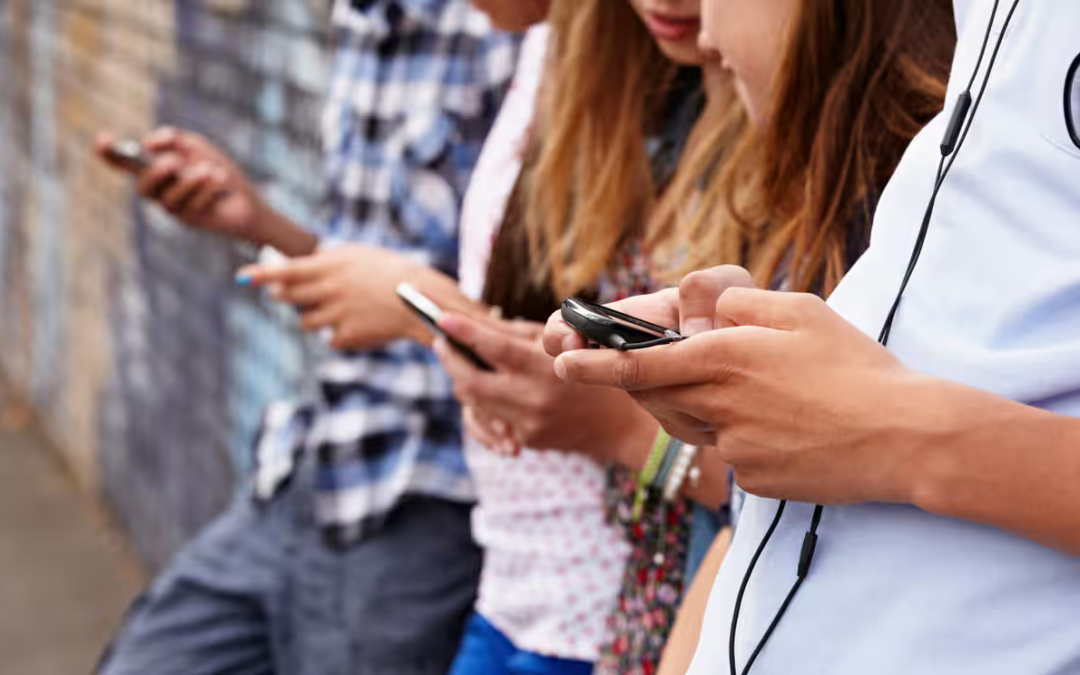
Revealed: Almost Half of British Teens Feel Addicted to Social Media, Study Says
Anxiety is part of the human experience and at times the word “anxiety” is watered down. People worry about a wide variety of things. Finances, job stability, relationships, child-rearing, health, and safety come to mind as common worries on a day-to-day basis. Not all worrying, however, qualifies as anxiety.
Anxiety disorders include disorders that share features of excessive fear and anxiety that negatively impact functioning. For kids, this might mean that anxiety makes it difficult to get to school each day, make and maintain friends, sleep at night, or focus in the classroom. For adults, work, romantic relationships, friendships, finances, and physical health can suffer. Anxiety manifests in many ways (physical, emotional, and behavioral), and there are several disorders that fall under “anxiety disorders.”

The Prevalence of Loneliness Across 113 Countries: Systematic Review and Meta-Analysis
Anxiety is part of the human experience and at times the word “anxiety” is watered down. People worry about a wide variety of things. Finances, job stability, relationships, child-rearing, health, and safety come to mind as common worries on a day-to-day basis. Not all worrying, however, qualifies as anxiety.
Anxiety disorders include disorders that share features of excessive fear and anxiety that negatively impact functioning. For kids, this might mean that anxiety makes it difficult to get to school each day, make and maintain friends, sleep at night, or focus in the classroom. For adults, work, romantic relationships, friendships, finances, and physical health can suffer. Anxiety manifests in many ways (physical, emotional, and behavioral), and there are several disorders that fall under “anxiety disorders.”
Arvind’s Book: Digital Awareness for Teens
Social media and teenagers has shifted over the years. Arvind has shared his journey considering isolation from the pandemic and navigating all of the social media channels. The effects on teenager digital consumption remain constant.
The Dark Side of Discord for Teens
While many of us enjoy staying connected on social media, excessive use can fuel feelings of anxiety, depression, isolation, and FOMO. Here’s how to modify your habits and improve your mood.
Social Media And Mental Health
While many of us enjoy staying connected on social media, excessive use can fuel feelings of anxiety, depression, isolation, and FOMO. Here’s how to modify your habits and improve your mood.
The Social Dilemma: Social Media and Your Mental Health
‘Like’ it or not, using social media can cause anxiety, depression, and other health challenges. How can you change your habits?
6 Effects Of Social Media On Your Mental Health: How Not To Scroll
Like sugar and cigarettes, social media is addictive and can negatively impact your mental and physical health. So how can you break the habit? Let’s start by explaining why social media is addictive and what signs to look out for before discussing the changes you need to make.
5 Warning Signs That Social Media Is Harming Your Mental Health
Anyone anywhere can build a platform on which to influence, inspire, and exhort others. Yet when we go from being the user to the used, social media can wreck our mental health.
How Does Social Media Affect Your Mental Health?
Facebook has delayed the development of an Instagram app for children amid questions about its harmful effects on young people’s mental health. Does social media have an impact on your well-being?
MORE RESOURCES

ANXIETY
Many adults have anxiety, but did you know that the number of teens with anxiety is at an all-time high? Having excessive uneasiness and apprehension, typically with compulsive behavior or panic attacks is not uncommon for a person with anxiety disorder.

TEEN SUPPORT
Children become preteens, and preteens mold into teenagers who then become young adults. KidsMatter has an abundance of resources for fourth graders to young adults who are managing academic, social and emotional stressors daily.
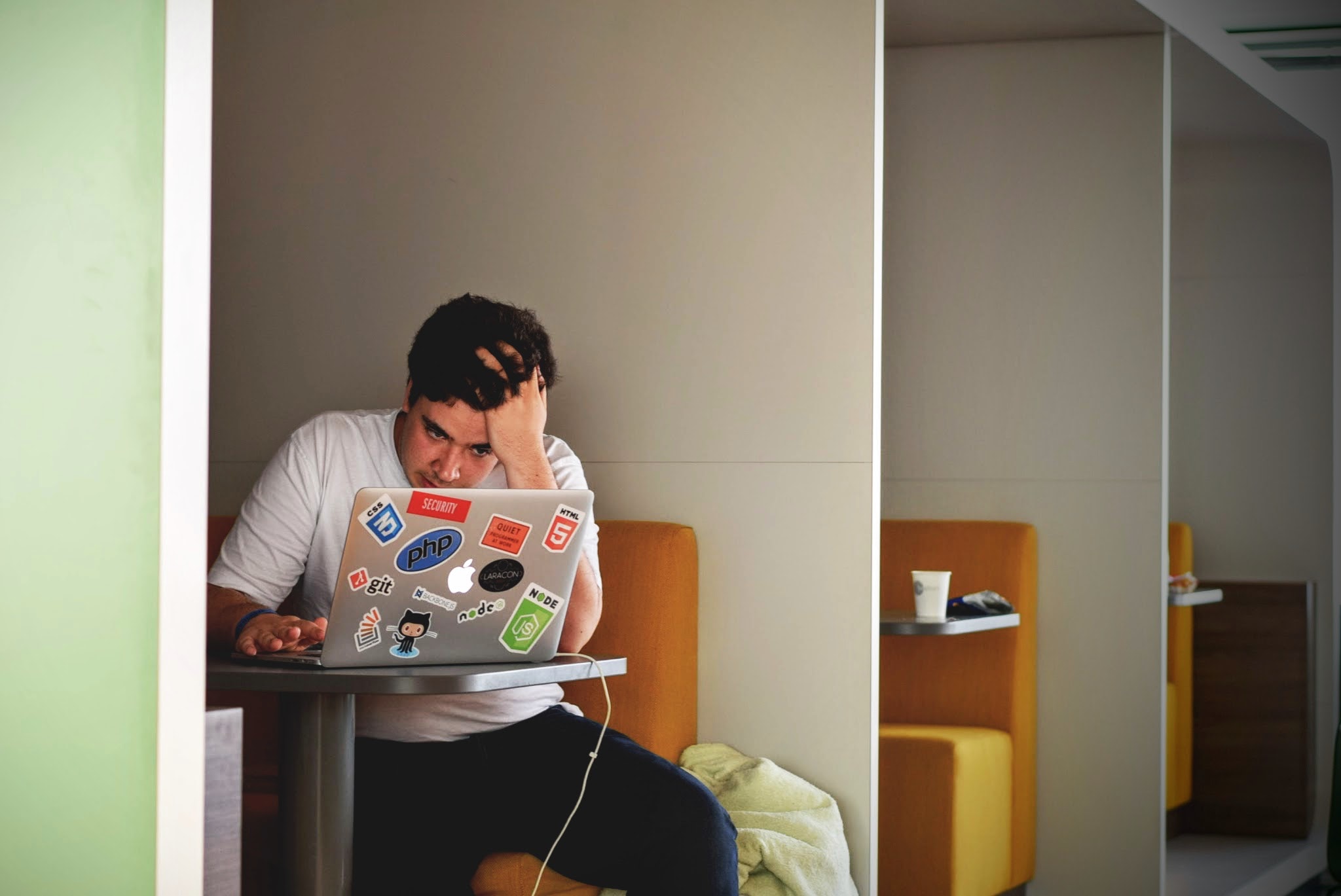
STRESS
Teen stress can rival an adult's, according to the American Psychological Association, but chronic stress for all Americans is becoming a national epidemic, especially for those who are 25 to 35 years of age.

ABUSE & ADDICTION
Having your physical and mental health rely on a substance can add complexity and a loss of control to your life. KidsMatter relies on resources from our trusted and reputable partners to assist individuals and families understand why addiction and abuse happens and how to prevent it.

DIGITAL AWARENESS
Smartphones, tablets and other devices have been found to be directly linked to isolation, depression, and anxiety in individuals. KidsMatter regularly holds educational series aimed at educating the community on how to prevent digital addiction and practice a healthy balance of using technology.

SUICIDE
Suicide is the 10th leading cause of death in the U.S. and around 14 out of 100,000 people die each year from suicide. KidsMatter's #1 resource is our Crisis Text Line to assist those in crisis and our suicide resources can help you or someone you know who is in need.

MINDFULNESS
Mindfulness, a popular meditation technique, allows you to focus your attention on things occurring in the present day, and can have an overall positive impact on both your physical and mental health by decreasing stress levels, sustaining attention spans and more.

PARENT SUPPORT
Parents need to learn about today’s toughest parenting challenges, and KidsMatter wants to help. We are a reliable source of expert information, resources, and suggestions when you don’t know where else to turn.

DEPRESSION
Depression is a common but serious mood disorder that can cause severe symptoms that affect how you may feel, think, and handle daily activities, such as sleeping, eating, or working. Depression can happen at any age and to anyone, and even the most severe cases, can be treated.
COVID-19
The COVID-19 pandemic has not only affected our physical health; it has taken a huge toll on our mental health as well. Kids Matter has multiple resources for you and your loved ones to help you reclaim your peace of mind as we all move through the effects of the COVID-19 pandemic.
KidsMatter Foundation, Inc. is approved by the Internal Revenue Service as a 501(c)(3) tax-exempt organization, and all donations are tax deductible to the extent provided by law. KidsMatter Federal Identification Number (EIN) is 36-4448507. BRIDGE (Basic Registry of Identified Global Entities) number is 5570260059.
kidsmatter2us.org website created, owned & operated by KidsMatter. We use cookies to help improve your experience. You can learn more by reading our Privacy Policy. By continuing to use our Site you agree to the terms of our Privacy Policy.
Website: Paul Gregory Media

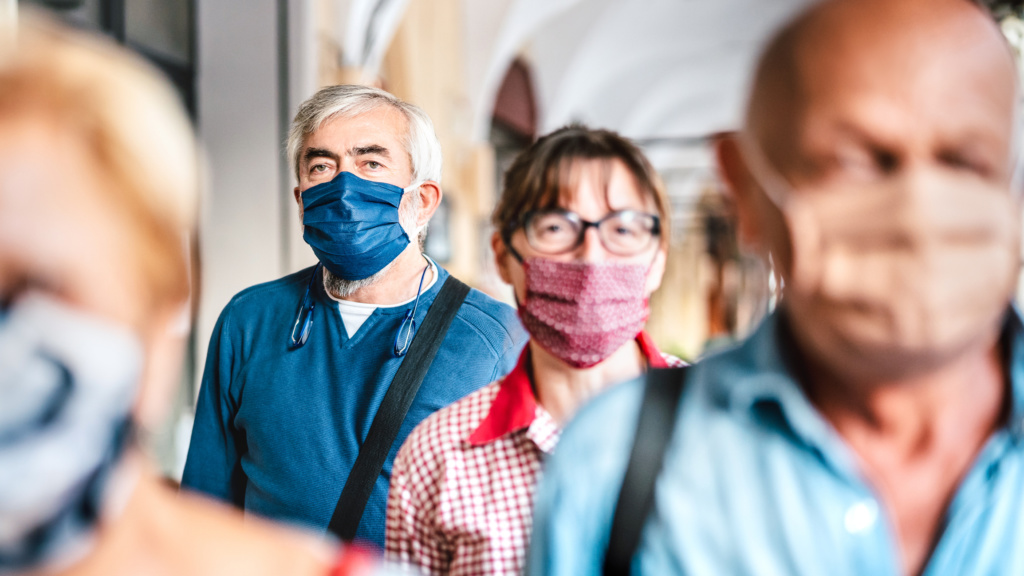
Enjoying your read? If so, please share it!
Sharing is caring.❤